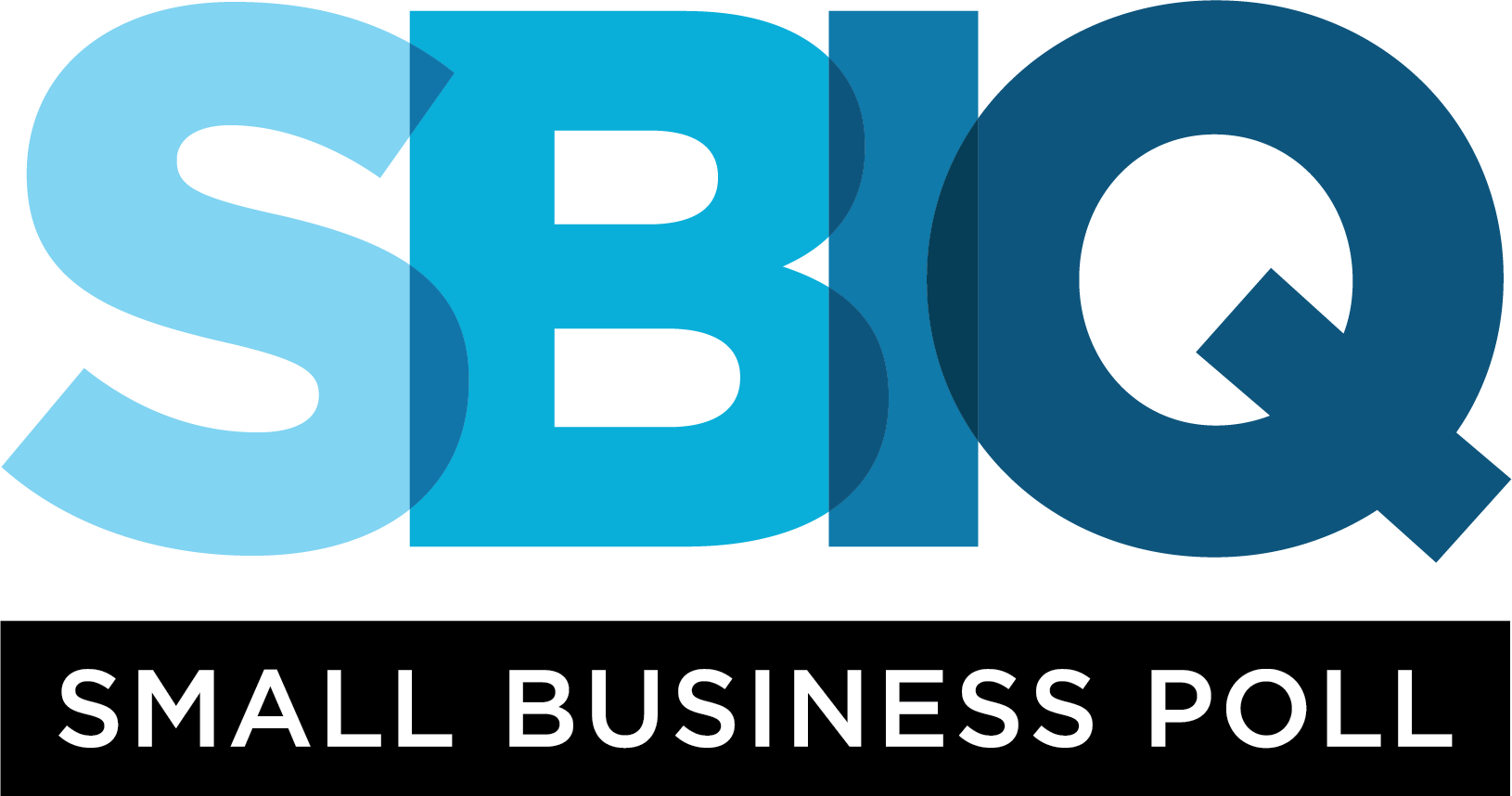Appeared in the Washington Examiner.
Inflation remains the biggest concern for small businesses even as price increases have cooled amid the Federal Reserve’s interest rate hikes, a recent survey found.
The survey, released on Friday by the Job Creators Network Foundation, found that when business owners were asked about the issue that was worrying them most, 49% of respondents in December said it was high inflation. That is up from 37% the year before and ties the series-high level of concern since the question was first asked.
After inflation, economy and client spending, as well as general operating costs, rounded out the top three concerns of small business owners.
After the consumer price index peaked at over 9% last summer, inflation has been consistently coming down. Inflation is now running at 6.5%, which, while lower, remains far too high for businesses that are trying to stretch their money further.
“Despite rhetoric from the Biden administration, inflation remains three times higher than the Fed’s target rate, most small businesses say the economy is getting worse, and 57 percent believe the country is in a recession,” said Elaine Parker, the president of the Job Creators Network Foundation.
The survey also found that 54% of small businesses surveyed said they have had to raise prices as a result of inflation, and half reported inflation having a negative effect on their profits.
Just over half of the respondents gave President Joe Biden either a “D” or an “F” grade on his performance in helping small businesses.
The survey wasn’t entirely negative, however. Some 44% of small businesses said their financial condition is now better than it was last year, compared to 29% who said they are worse off than back in December 2021. The number of businesses that think the condition of the economy is “poor” also fell, from 38% in November to 29%.
The Fed has been jacking up rates in an effort to tame inflation, which has raised fears that a recession may be on the horizon this year. If there is a meaningful recession, the unemployment rate (which is now an ultra-low 3.5%) is expected to rise, bruising the country’s surprisingly buoyant labor market.



